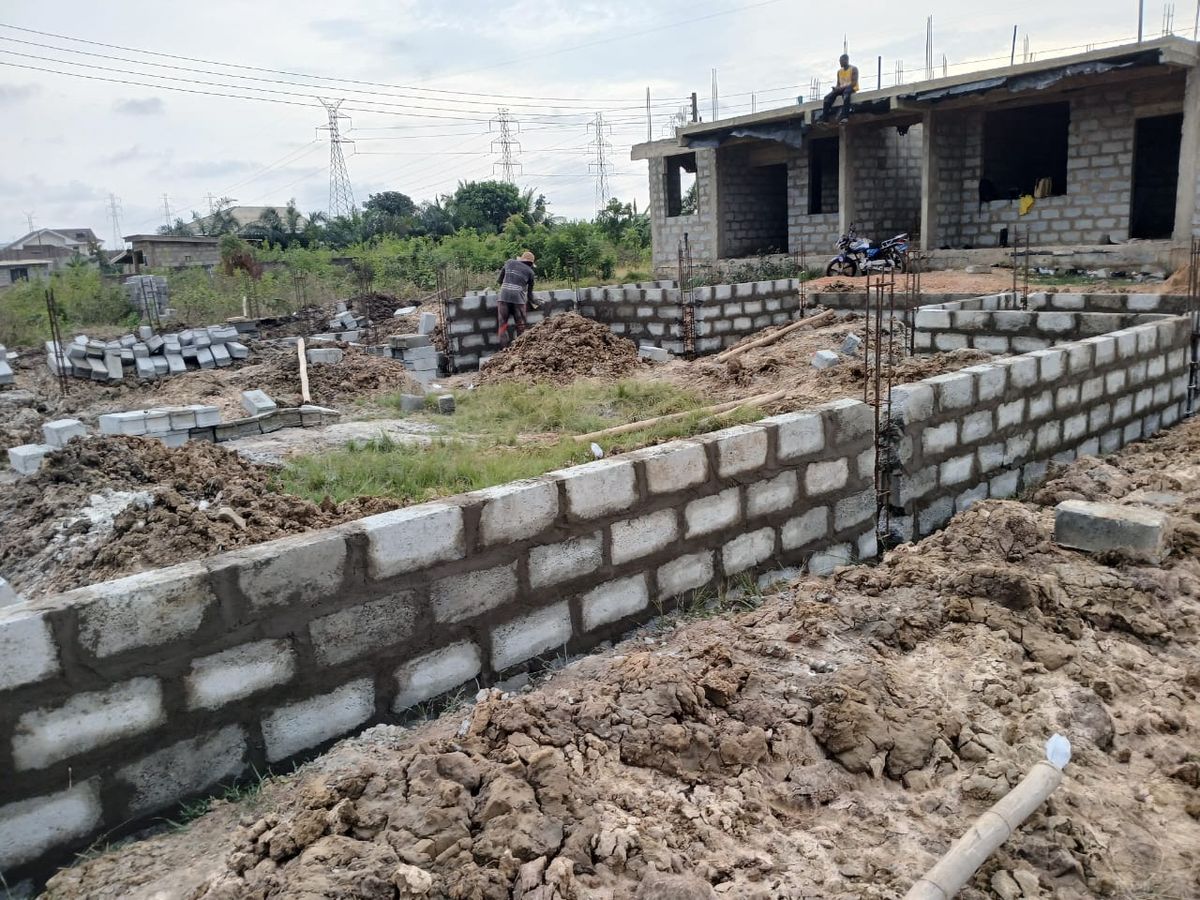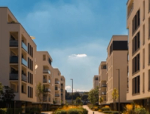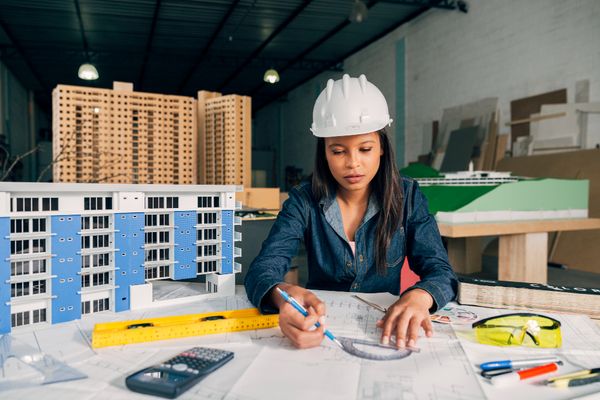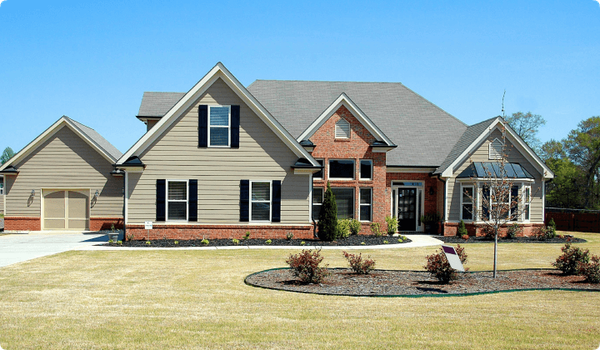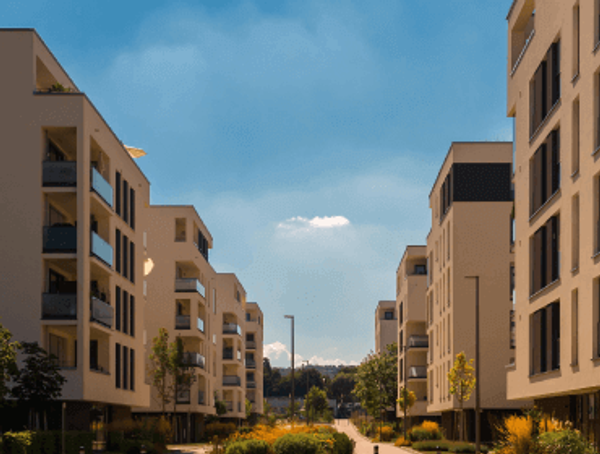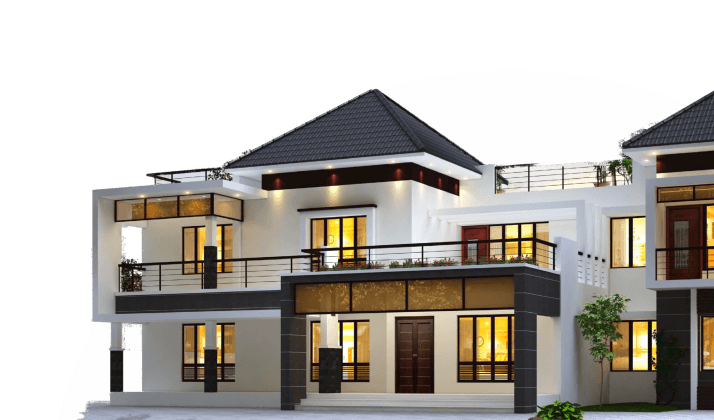Building your dream home in Ghana is more than just putting up walls. It is about creating a space that reflects your vision, meets legal requirements, and stands the test of time. From the first sketch to the final finishing touches, careful planning and professional guidance are essential.
A comprehensive guide to help you navigate the process of developing a home in Ghana.
1. Secure Your Land
The first and most crucial step in building your dream home is land ownership. You must have Land Title documents from the Lands Commission to prove that you legally own the property. Without proper ownership, your project is at risk. Take time to verify the land’s boundaries and history to avoid disputes, ensuring a solid foundation for your dream home.
2. Develop Your Designs
After securing your land, the next step is to figure out your design. You need:
Architectural Planning: Work with a professional architect to transform your sketches into detailed architectural plans. A qualified architect will also prepare a Bill of Quantities (BOQ), outlining material requirements and cost estimates to help you budget accurately.
Site Analysis: Before finalizing designs, the architect conducts a feasibility study to assess site conditions, zoning regulations, soil quality, and any potential challenges. This ensures that your design is not only aesthetically pleasing but also practical and safe for construction.
3. Obtain Permits and Approvals
All building projects in Ghana require approval from the local Metropolitan or Municipal Assembly. Submit your architectural designs along with your land documents to obtain a building permit.
Compliance: Ensure your plans adhere to local building codes. This guarantees safety, structural stability, and the overall quality of your home. Following the proper legal procedures protects your investment and keeps your project on track.
4. Budgeting and Funding
A well-planned budget is essential to avoid surprises during construction. Use your BOQ to understand the total costs, including materials, labor, and professional fees.
5. Financing
Explore funding options such as bank loans, partnerships, or personal savings. Securing financing ensures uninterrupted progress and allows you to bring your vision to life without financial stress.
6. Construction
Hire a professional construction company or project manager to oversee the building process. Experienced teams coordinate contractors, manage timelines, and ensure the work is executed according to approved plans. This step reduces errors, saves time, and guarantees that your dream home is built safely and efficiently.
Key Considerations for a Perfect Home in Ghana
Location
The site of your home influences natural ventilation, drainage, and sunlight exposure. Consider these factors carefully during design to maximize comfort and sustainability.
Climate Adaptation
Incorporate features like cross-ventilation, shading, and rainwater harvesting to make your home resilient to Ghana’s weather conditions.
Future-Proofing
Plan ahead for potential extensions or the integration of modern systems such as solar power. Designing with flexibility ensures your home meets your needs today and, in the years, to come.
Building a home in Ghana is a journey that combines vision, legal compliance, budgeting, and professional execution. By securing land, working with skilled architects, obtaining the right permits, planning finances, and considering location and climate, you can create a dream home that is not only beautiful but also safe, sustainable, and future-ready.



